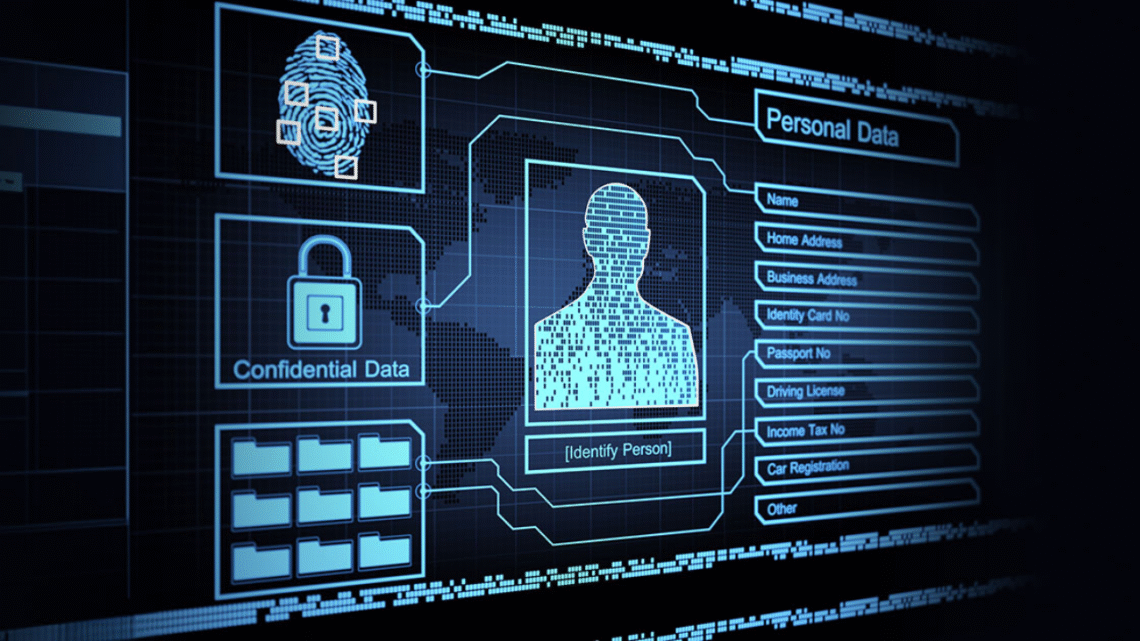In the age of rapid technological innovation, where smartphones, social media, artificial intelligence, and connected devices dominate our daily lives, there’s one issue that has quietly but profoundly emerged at the center of it all — digital privacy.
From casual web browsing to sensitive banking transactions, almost everything we do is tracked, stored, analyzed, and sometimes sold. Our digital footprints are no longer just traces of online behavior — they’ve become full profiles that corporations, advertisers, governments, and even hackers can access and exploit.
As the world becomes increasingly dependent on data-driven technology, digital privacy is no longer a niche concern or a topic reserved for cybersecurity experts. It’s now the biggest tech issue of our time, affecting individuals, communities, and societies on a global scale.
In this article, we’ll explore why digital privacy matters more than ever, what threats exist today, and what the future holds for our most personal information.
The Digital Explosion and the Data We Leave Behind
Every time we go online, we leave behind a trail of information. It starts with simple things: your search history, location data, cookies, clicks, likes, and downloads. But it doesn’t stop there.
Apps track your habits. Devices listen for voice commands. Smartwatches monitor your heart rate, sleep patterns, and physical activity. Cameras on your phone recognize faces. AI tools analyze your voice and writing style. Even when you’re not actively using the internet, your devices may still be collecting data in the background.
The digital explosion has turned data into the most valuable resource of the 21st century — and your personal information is a big part of that.
What Is Digital Privacy?
Digital privacy refers to the protection of your personal information when you use technology and the internet. It includes everything from who can access your data, how it’s stored and shared, and what rights you have over it.
At its core, digital privacy is about control — your ability to decide who sees what about you, and how that information is used.
Unfortunately, in today’s hyperconnected world, that control is slipping away fast.
The Biggest Threats to Your Digital Privacy
1. Surveillance by Big Tech
Tech giants like Google, Meta, Amazon, and others collect enormous amounts of user data. While some of this data is used to improve user experience, much of it is used for targeted advertising, behavioral analysis, and product development.
These companies build detailed profiles about your interests, habits, political views, and social connections. The more data they collect, the more money they make. This business model has turned surveillance into a multi-billion-dollar industry.
2. Government Surveillance
In the name of national security or law enforcement, many governments have developed sophisticated tools to monitor their citizens’ digital lives. Some countries operate mass surveillance programs that collect emails, messages, location data, and phone records without consent.
In authoritarian regimes, digital surveillance is used to suppress dissent, monitor activists, and control public opinion. Even in democratic nations, the balance between privacy and security is a constant battle.
3. Data Breaches and Hacks
Data breaches are becoming alarmingly common. From healthcare providers to financial institutions and social media platforms, organizations that store personal data are frequent targets of cyberattacks.
When these systems are compromised, sensitive data such as passwords, credit card numbers, addresses, and medical records can fall into the wrong hands. Identity theft, financial fraud, and online harassment are just a few of the consequences.
4. Third-Party Data Sharing
Many apps and websites share or sell your information to third-party advertisers, data brokers, and analytics firms. This often happens without your clear knowledge or consent.
Your email might be used to target you with ads. Your shopping history might be sold to companies looking to profile you. Your health data might be shared with insurance firms. You may never know exactly how your information is being used.
The Impact of Losing Digital Privacy
Digital privacy might seem like a distant or abstract issue, but its consequences are very real.
- Loss of Freedom: When people know they’re being watched, they often change their behavior. This can stifle free speech, limit creativity, and discourage political activism.
- Manipulation: Algorithms fueled by personal data are used to manipulate opinions, influence elections, and shape what content you see. This affects your ability to make independent, informed decisions.
- Discrimination: AI systems trained on personal data can reinforce biases, leading to unfair treatment in areas like hiring, lending, or law enforcement.
- Psychological Stress: Constant exposure to tracking, targeted ads, and algorithmic manipulation can increase anxiety, reduce trust, and impact mental well-being.
Privacy Laws: Are They Enough?
Several privacy laws and regulations have been introduced to address these concerns:
- GDPR (General Data Protection Regulation) in Europe gives users more control over their data and requires companies to be transparent about data use.
- CCPA (California Consumer Privacy Act) gives Californians the right to know what data is collected about them and request its deletion.
While these laws are a step in the right direction, enforcement is patchy, and many companies find loopholes. Most countries still lack comprehensive digital privacy laws, leaving billions of people vulnerable.
The global nature of the internet also creates complications. A company in one country may be collecting data from users worldwide, with little accountability.
The Role of Individuals: What You Can Do
Until laws catch up, individuals must take charge of their own digital privacy. Here are a few steps you can take to protect yourself:
- Review your privacy settings on all apps, devices, and social media platforms.
- Use encrypted messaging apps like Signal or WhatsApp for private conversations.
- Install ad blockers and privacy-focused browsers like Brave or Firefox.
- Limit location sharing and background app activity on your smartphone.
- Use strong, unique passwords and enable two-factor authentication.
- Think before you share. Even seemingly harmless information can be used to build detailed profiles.
The more informed you are, the more control you can regain.
The Future of Digital Privacy
As technology evolves, so will the challenges to privacy. Artificial intelligence, facial recognition, smart cities, and the Internet of Things will introduce new ways to collect and exploit data.
But the good news is, awareness is growing. More people are demanding transparency. Startups are building privacy-first products. Activists and watchdogs are pushing for stronger regulation. Some tech companies are beginning to prioritize privacy as a selling point.
The future of digital privacy will depend on continued pressure from users, ethical choices by developers, and bold legal reforms by governments.
Conclusion
Digital privacy is no longer just a technical concern — it’s a social, political, and moral issue that affects every corner of our lives. In a world where data is power, controlling your personal information means protecting your freedom, identity, and autonomy.
As we continue to rely on digital technology for communication, commerce, education, and health, we must ask ourselves what kind of future we want. One where surveillance, manipulation, and exploitation become the norm — or one where privacy, transparency, and trust are protected.Tech is future, but privacy must be its foundation.
Keep an eye for more latest news & updates on TechIsFuture!





